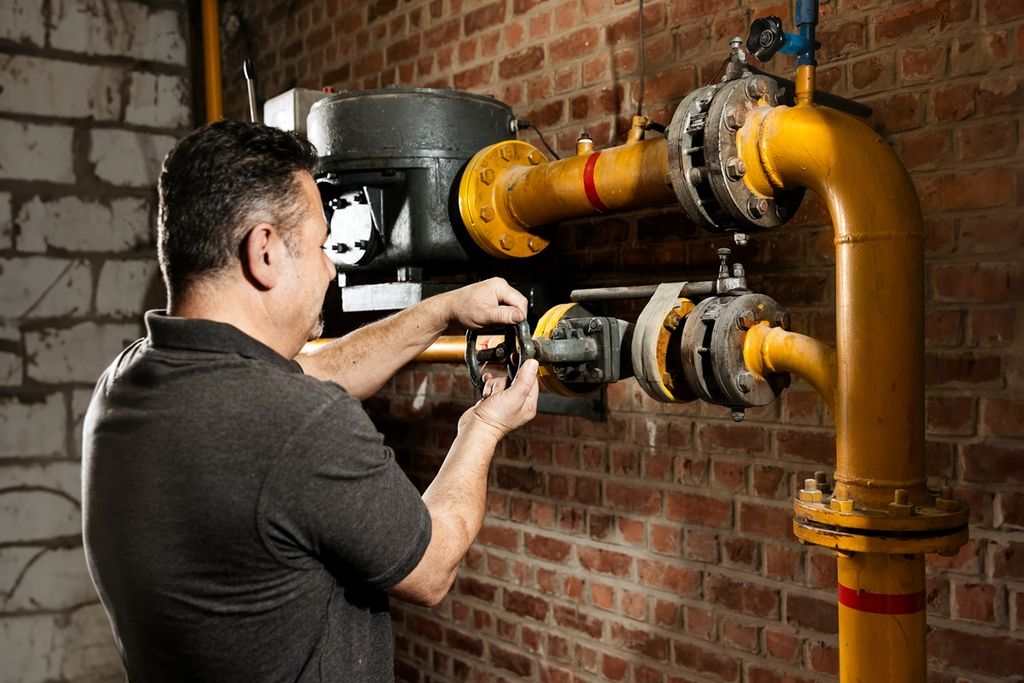Water consumption
Pandox uses the municipal water system in all hotels. Water consumption in the hotels is affected by the amount of showering, dishwashing, cleaning, laundering and flushing that takes place, which in turn is impacted by hotel occupancy. Reducing water use is therefore a significant sustainability topic as Pandox’s operations have a direct impact on usage.

Pandox aims to reduce water consumption by installing water-saving equipment, for example in bathrooms and kitchens, and changing the water-related behaviour of employees and guests. Today, the majority of hotels in Own Operations involve their guests in this effort, by informing them of the hotels' ambitions to reduce water use. This is done, for example, by involving them in making choices that reduce water use by showering for shorter periods and not requesting a daily change of towels or sheets.
Pandox has measuring systems for water use at the hotels included in Own Operations. With the help of sub-meters, water leaks have been alerted and can be fixed immediately. Examples of water leaks that have occurred are in pipes, toilets and sinks, but also showers and taps left on by guests. The water leakage systems detect and fix an estimated 6 to 9 leaks per month.
In Pandox's two green investment programmes, one of the targets was to reduce water use by 23% between 2019 and 2023 in 16 hotels. The outcome was 24 per cent.
Pandox is also working on installing more sub-meters in the buildings so that the operator can identify and fix leaks more quickly.
The water used in the hotels then goes to municipal sewers and treatment plants. In some hotels there is also a grey water collection tank in the hotel. This has the potential for heat recovery before it goes to the sewerage system. Chemicals used in washing and cleaning at the hotels have the greatest impact on the quality of grey water. Pandox's ambition is to phase out hazardous chemicals from these processes and switch to more environmentally friendly alternatives that have a positive impact on water quality.
